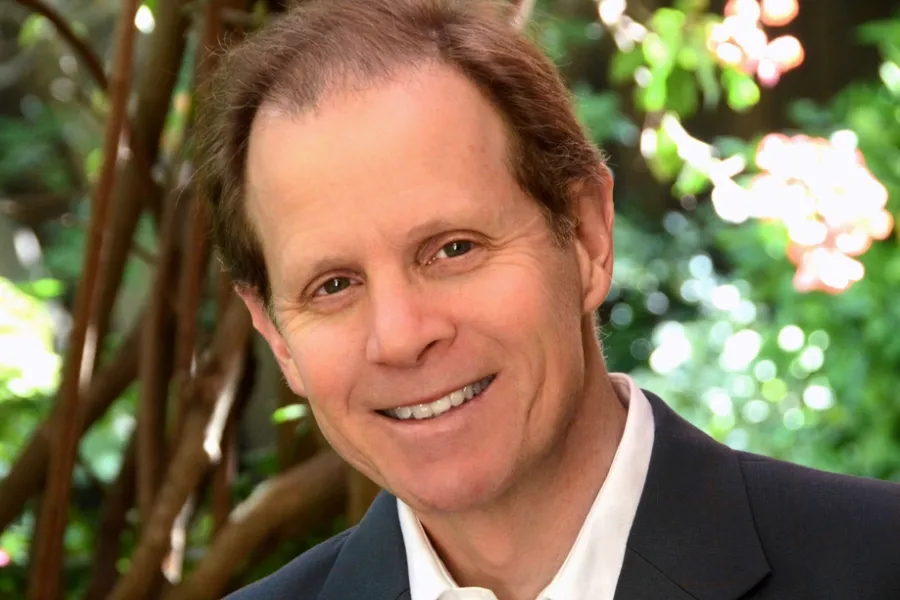This presentation will provide an overview of the field of Interpersonal Neurobiology and its view of the mind as an embodied and relational process that regulates the flow of energy and information. This perspective of a mind broader than the brain and bigger than the body will be contrasted to studies of neuroscience, and in particular to views of the social brain. Is mind simply an “output of brain firing” as is so often stated? Or is the mind and its several facets of subjective experience, consciousness, information processing, and self-organization actually part of a system that includes the brain in the head, but extends far beyond that skull-encased organ of the body?
Course Objectives
At the conclusion of this course, participants will be able to:
- Name four ways the brain changes in response to experience
- Describe nine domains of integration
- Underline how traumatic experiences are uniquely stored in memory and ways in which those memories can become integrated with trauma resolution
- Name three applications of attachment theory in assessment of developmental trauma
- Identify chaotic and rigid states as examples of impaired integration and well-being
- Define the mind and outline how mind is different from brain
- Underline four ways in which quantum physics may be relevant for understanding mind as an emergent property of energy flow
- Discuss the nature of time and how an “arrow of time” may be present in some facets of mind but absent in others
Instructional Level
Licensed mental health professionals employed through Kaiser Permanente and psychological assistants performing under supervision of a licensed psychologist.
This CE program is free to Kaiser Permanente employees.
Instructional Methodology
Lecture
Audio/Visual
On-line Presentation
Continuing Education Information
Kaiser Permanente Northern California Mental Health Training Program is approved by the California Psychological Association to provide continuing professional education for psychologists. The Kaiser Permanente Northern California Mental Health Training Program maintains responsibility for this program and its content.
Refund and Attendance Policy
All programs offered on KP Learn for CE credit through the KP Northern California Mental Health Training website are free of charge to Kaiser Permanente Staff and trainees. Once a course is selected in the KP NCAL MH Training Website, the registration process begins, and it will appear in the individuals KP Learn profile for completion within 90 days.
IMPORTANT NOTICE: Those who attend the program in full and complete the appropriate evaluation form will receive CE credits. Please note that credit will only be granted to those who attend the entire program. An attestation of attendance will be given once the individual has completed viewing the program, which will then initiate the final steps of completing the evaluation forms to receive a certificate of completion.

